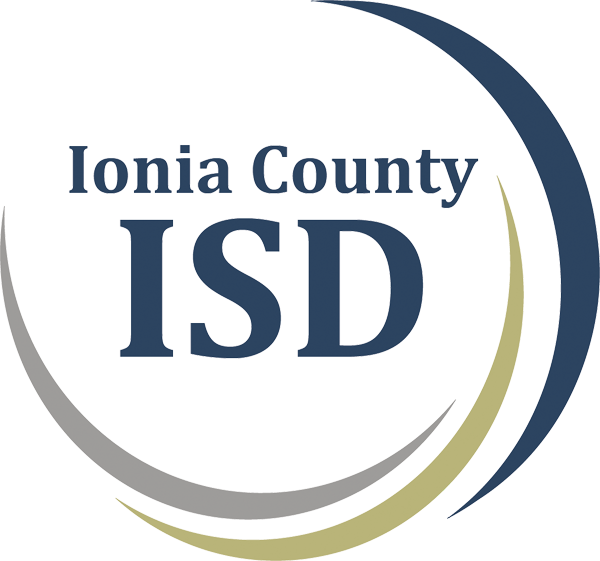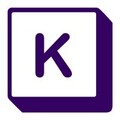About Special Education
Ionia County ISD provides programs and services for children with disabilities between the ages of zero and 26. We are here to support our local districts within our service area in the county. For current information on special education and student count data for our county, go to MISchoolData.org.
Our mission is to provide collaborative supports, services, guidance, resources and technical assistance as well as assist with professional development, program development, parent support, technology, and legal requirements to ensure the individual unique needs of all students in our county are addressed. For contact information, please click Special Education Contact Information.
Ionia County ISD provides the following special education services and supports to students throughout the county (see Continuum of Support):
- Assistive Technology Services
- Transition Services
- Visual Impairment Services
- Deaf & Hard of Hearing Services
- Occupational Therapy
- Physical Therapy
- School Psychology Services
- Speech Therapy
- School Social Work Services
- Early Childhood supports
The Ionia County ISD operates the following special education programs in the county:
- Students eligible as Deaf and Hard of Hearing—hosted in Ionia Public Schools
- Students eligible as Moderate Cognitive Impairment (MoCI)—all hosted in buildings within Ionia Public Schools;
- Students eligible as Autism Spectrum Disorder (ASD)—hosted in various local districts;
- Students eligible as Severely Emotionally Impaired (SEI):
- Elementary & Secondary, both located at Freedom Acres School;
- Students eligible as Severely Cognitively Impaired (SCI):
- Three classroom levels located at Freedom Acres School.
In addition, ICISD provides transition training via four options:
- Transition Central: For adult learners with mild disabilities
- Stepping Forward: For adult learners with mild to moderate disabilities
- Independent Living Center: For adult learners with moderate disabilities that are able to work independently with little to no assistance from an adult.
- Home-Based Transition: For adult learners with moderate disabilities who are not able to work independently with little or no assistance from an adult; they need multiple prompts and do not generalize from one environment to another.

